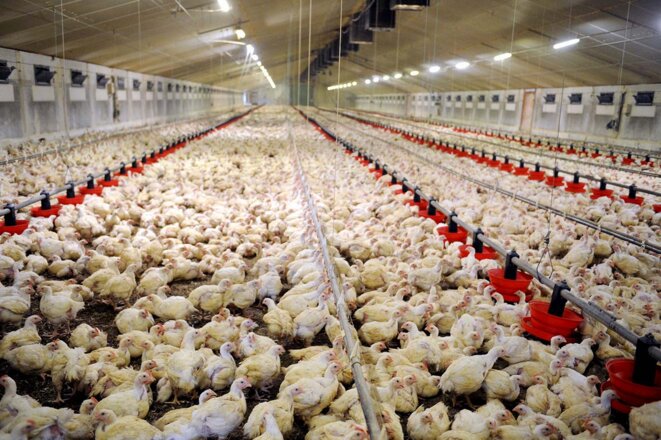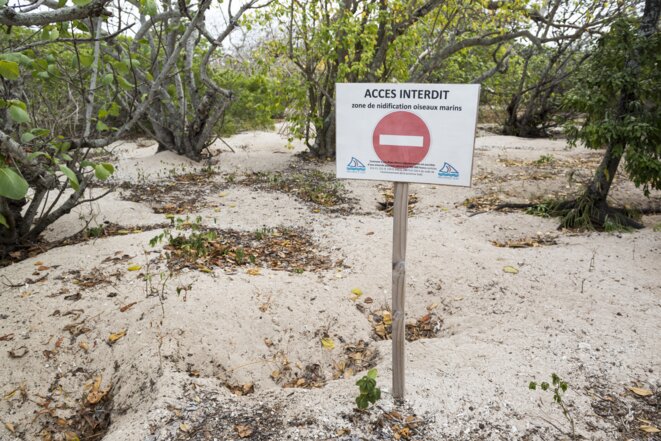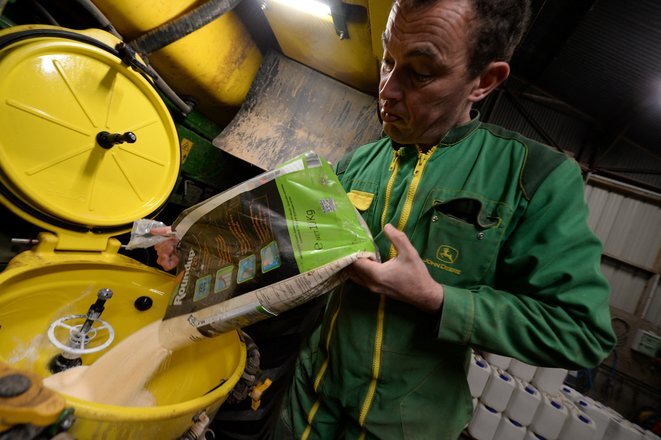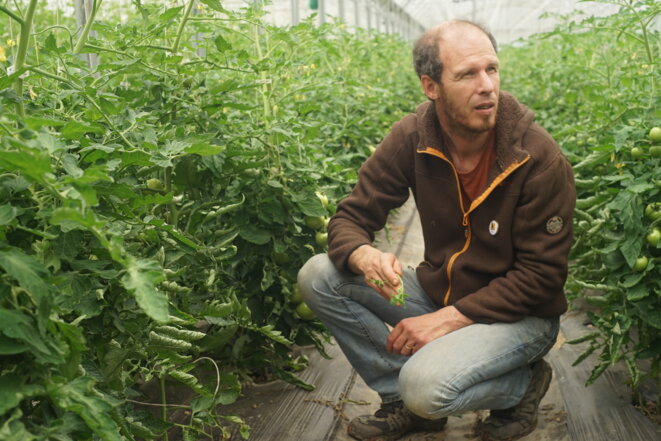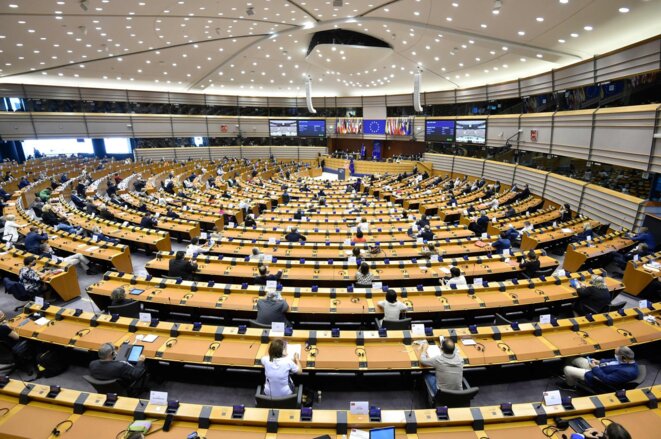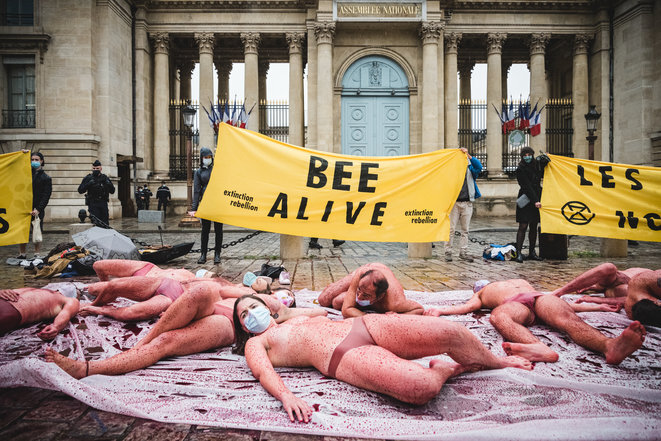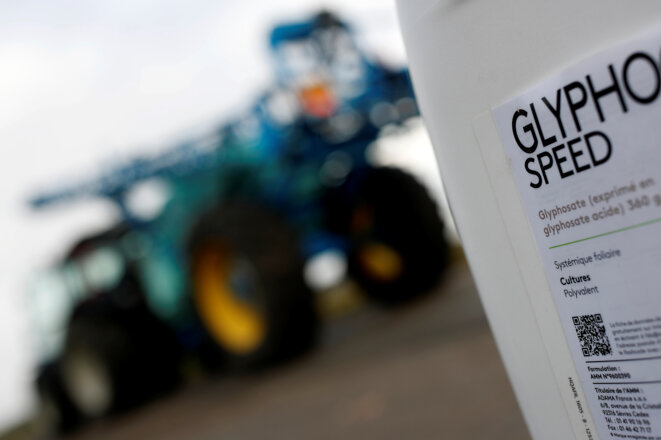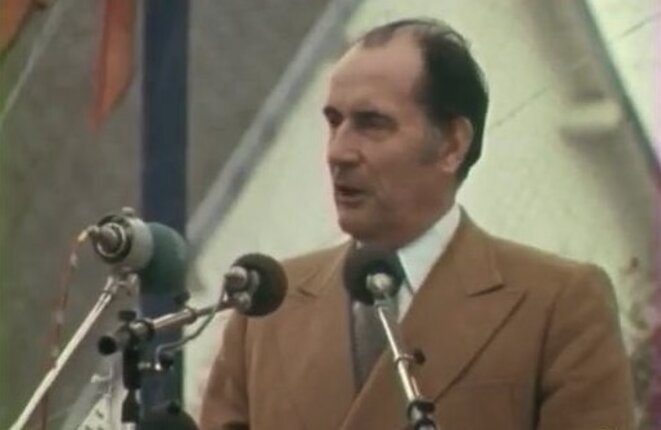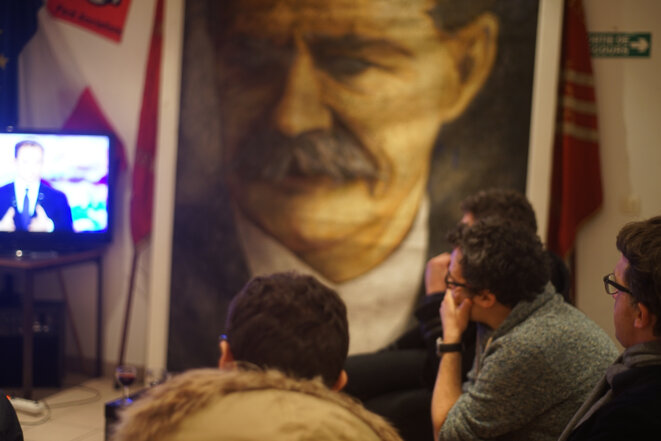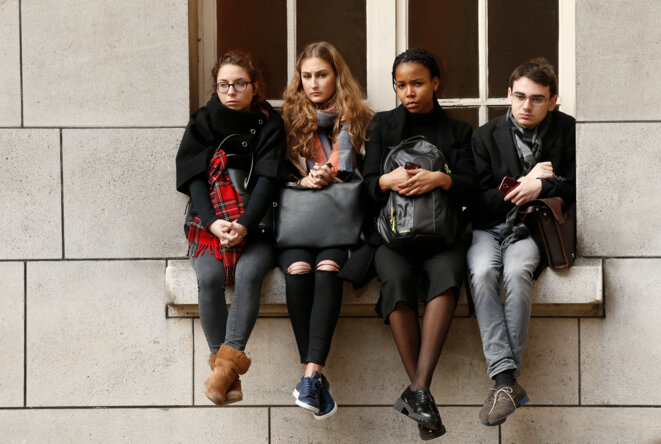Amélie Poinssot
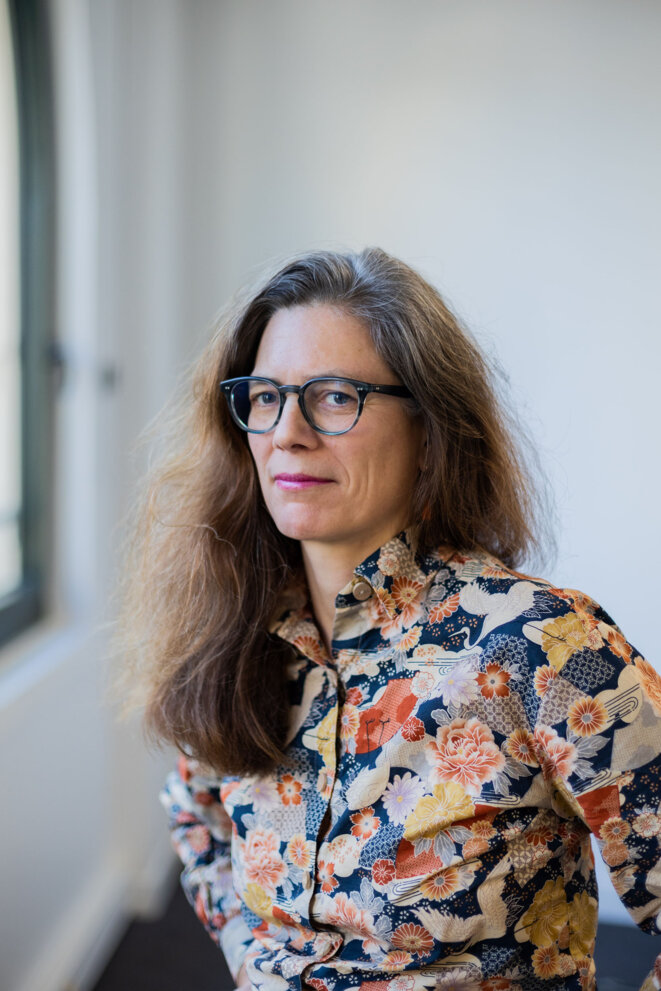
Je signe mon premier reportage pour Mediapart en janvier 2011. J’avais alors suivi des exilé·es arrivant à la frontière terrestre entre la Turquie et la Grèce. A l’époque, j’étais correspondante à Athènes pour différents médias français et francophones, travail que j’ai exercé également en Pologne les années précédentes (RFI, La Croix, AFP TV, Le Soir...).
Je rejoins la rédaction de Mediapart en février 2014. Je pars aussitôt pour la Crimée où j’assiste, en direct, à l’annexion de la péninsule ukrainienne par l’armée russe que je couvre pour le journal.
Pendant les années qui suivent, je traite, depuis Paris ou sur le terrain, de l’actualité européenne : de la guerre en Ukraine à la poursuite de la crise grecque, en passant par la crise de l’accueil des exilé·es d’Irak et de Syrie, mais aussi la montée des nationalismes en Europe centrale, les politiques économiques et les débats sur les alternatives possibles en Europe.
Aujourd’hui je travaille au pôle écologie de la rédaction avec Mickaël Correia, Lucie Delaporte, et Jade Lindgaard.
Je suis également membre du "comité écologie" de Mediapart, qui vise à réduire l’empreinte de notre activité sur les écosystèmes.
J'ai écrit deux livres publiés chez Actes Sud : Dans la tête de Viktor Orbán (2019, traduit en polonais et en hongrois), et Qui va nous nourrir ? Au cœur de l'urgence écologique, le renouveau paysan (2024). Je suis également co-autrice de Regards sur la « crise » grecque, publié sous la direction de Joëlle Dallègre chez L'Harmattan (2013).
@AmeliePoinssot@piaille.fr / @ameliepoinssot.bsky.social
Declaration of interest
In the interest of transparency towards its readers, Mediapart’s journalists fill out and make public since 2018 a declaration of interests on the model of the one filled out by members of parliament and senior civil servants with the High Authority for Transparency and Public Life (HATVP), a body created in 2014 after Mediapart’s revelations on the Cahuzac affair.
All his articles
All his blog posts
The Mediapart Club
Join the discussion
Mediapart’s journalists also use their blogs, and participate in their own name to this space of debates, by confiding behind the scenes of investigations or reports, doubts or personal reactions to the news.

Mediapart Journalist
12 Posts
0 Editions



